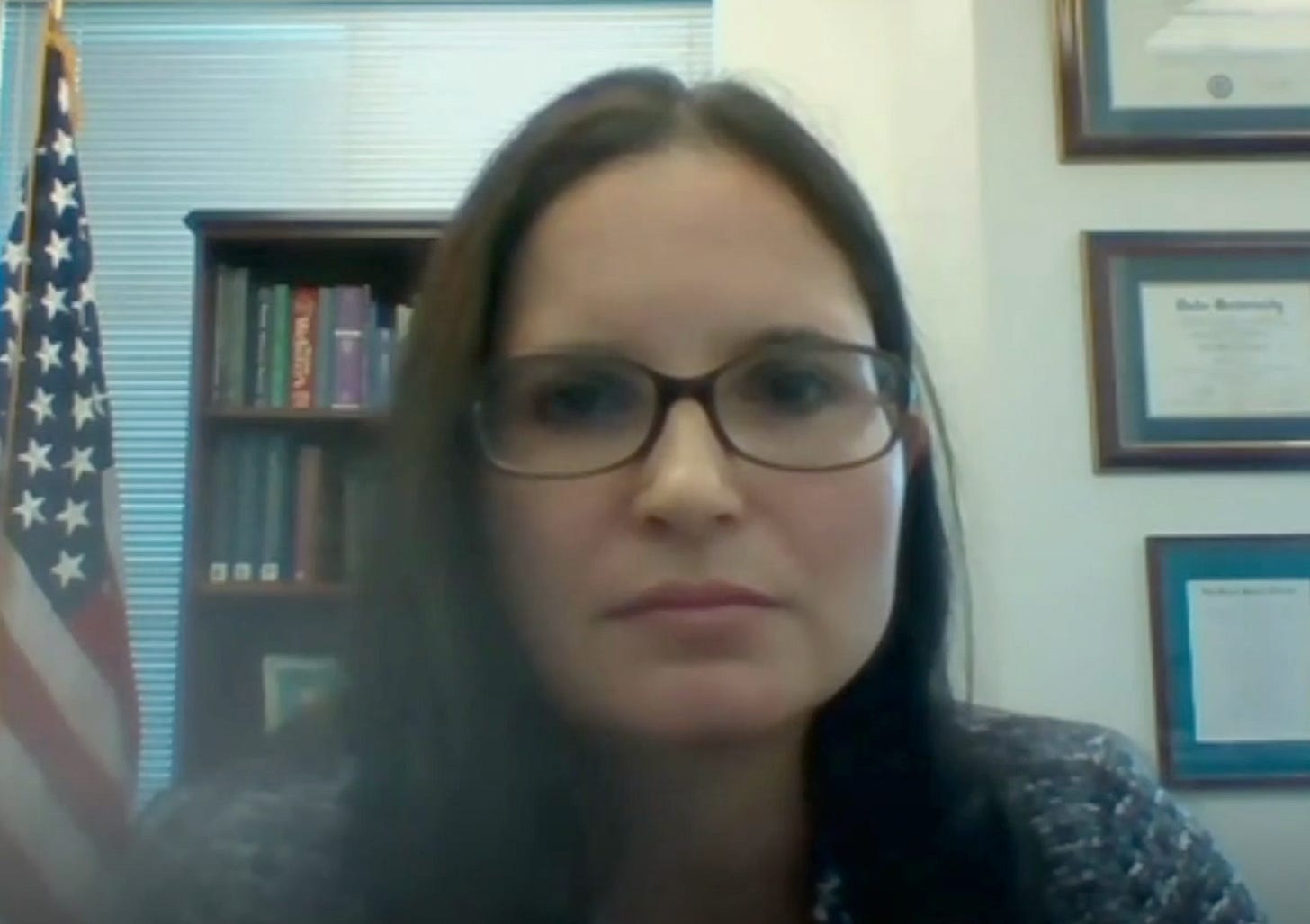How Judge Aileen Cannon can still do Trump's bidding during his documents trial
Even while scheduling the trial for May 2024, Cannon indulged some of the Trump lawyers' wacky arguments.
Public Notice is a reader-supported publication funded entirely by paid subscribers. To help make this work sustainable, please consider becoming one.
As the country waits with bated breath for Trump’s federal indictment in connection with January 6 and his effort to overturn the 2020 election result, there have been some important developments in the case stemming from Trump’s first federal indictment — the 38 counts he was hit with last month for retaining classified government documents and then conspiring with his former body man, Walt Nauta, to cover it up.
The documents case — not to be confused with his New York state criminal case over hush money payments — is proceeding in fits and starts. Now, there’s a scheduling order that delays this trial until May 20, 2024 — right in the middle of the 2024 election.
The scheduling order Trump-appointed Judge Aileen Cannon issued Friday likely makes no one happy. It delays the trial several months past the date the government asked for, but doesn’t push it past the election, which is what Trump wanted. It also designates the case as “complex,” a specific legal designation that gives Cannon even more wiggle room to delay the trial if she wants.
RELATED FROM PN: Trump documents indictment: These are not very bright guys, and things got out of hand
Cannon previously bent over backward to help Trump during the government’s investigation, agreeing last year to his request to appoint a special master to review the materials the FBI seized after searching Mar-a-Lago. Trump had filed a lawsuit arguing that the documents could fall under attorney-client privilege or executive privilege, and therefore a neutral third-party needed to review them and the government should be barred from using the documents in any investigation during the review.
It was a move so out of line that a conservative three-judge panel of the Eleventh Circuit Court of Appeals — two Trump appointees and a George W. Bush appointee — unanimously held that Cannon exceeded her authority by even agreeing to hear the case. The panel said Trump’s request would create a precedent that any subject of a search warrant could sue to block the government from using the seized material. The panel said it could not write such a rule generally, “nor can we write a rule that allows only former presidents to do so.”
This ruling dismissed Trump’s lawsuit and ended Cannon’s apparent efforts to assist Trump in gumming up the investigation. Fortunately for Trump, once he was criminally charged, he drew Cannon again. According to the court clerk, Cannon was randomly selected to hear the case, but Trump’s chances for a friendly judge were high: he appointed five of the fifteen active judges in that district. So now Cannon is in a position to help Trump in ways that go beyond what she did for him last year, even if she didn’t agree to the request from his lawyers to delay the trial past the election.



